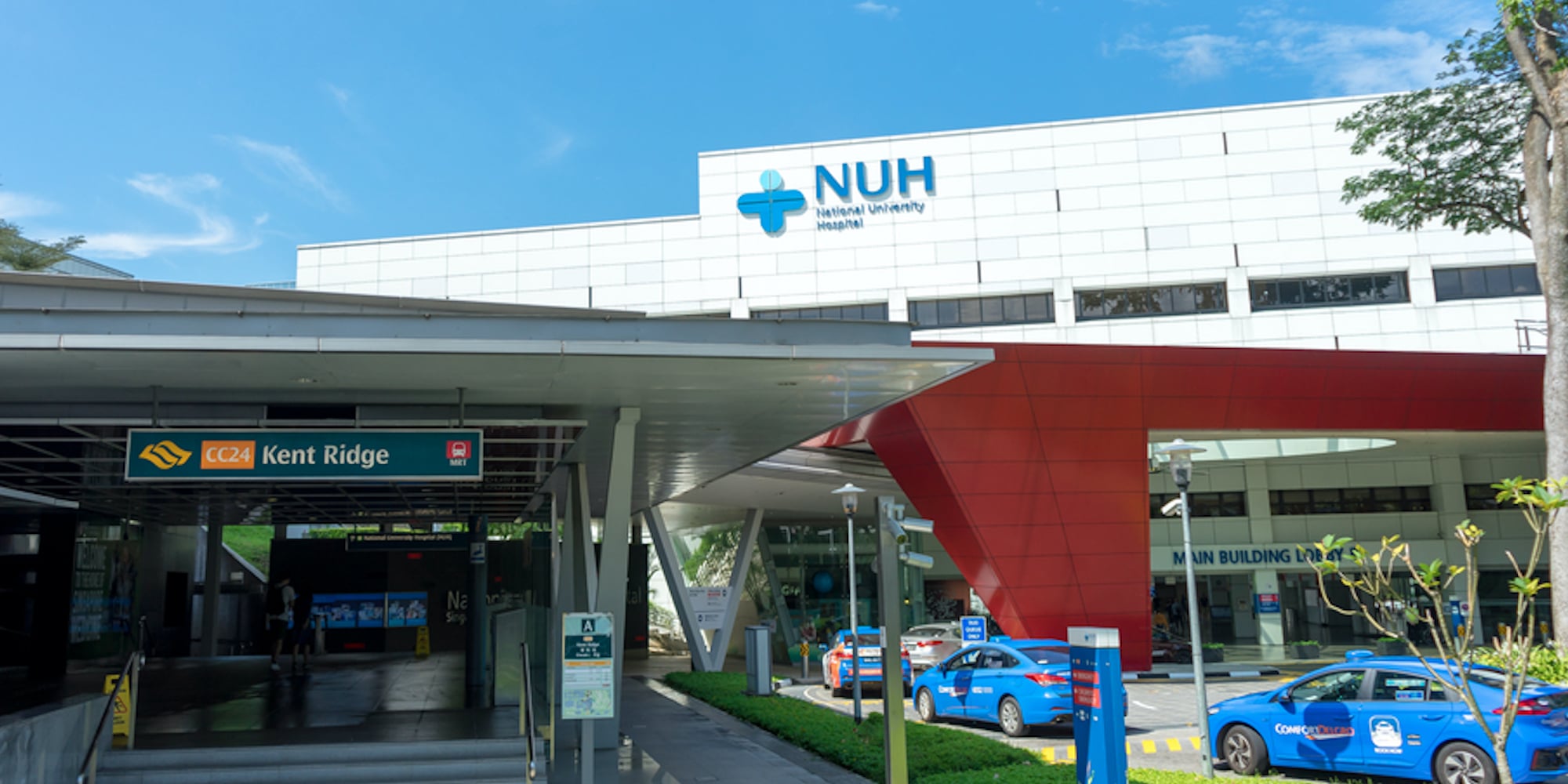
Around one quarter of foreign domestic workers surveyed have poor mental health: HOME – Less than half are given weekly days off
More than 2 out of every 10 foreign domestic workers (24%) who were surveyed in a new research by the Humanitarian Organisation for Migration Economics (HOME) suffer from poor mental health. This is more severe than earlier findings by the Institute of Mental Health in 2010 that 1 out of 10 (10%) residents in Singapore had mental health problems.
Only 38% of the foreign domestic workers (FDWs) in Singapore report being treated with dignity by their employers, 70% feel homesick at some point and 51% claim they are verbally abused at work These are some of the startling statistics on the mental well-being of FDWs in the report,Home Sweet Home?Work, life and well-being of foreign domestic workers in Singapore, to be released today to commemorate International Women’s Day. The HOME research team looks at the home life, employment conditions and overall well-being of local FDWs.
Led by German psychologist Anja Wessels, the HOME researchers conducted interviews of FDWs between November 2013 and May 2014. They drew from a sample size of 670 FDWs from the three major populations: Indonesian (48%), Filipina (35%) and Myanmar (16%).
Very little research has been done on the impact of domestic work conditions on the mental health of FDWs in Singapore.
“Generally, FDWs form a significant yet under-studied segment of the population in Singapore,” says Anja Wessels. This is despite the fact that Singapore is a key recipient of FDWs- as of June 2014, there were 218,300 documented Foreign Domestic Workers and an estimated one in five households here employ an FDW.
Some important findings in the HOME report include:
- Participants worked a daily average of 13 hours.
- 40% have less than a weekly rest day. Approximately 67% have their passports and employment contracts (60%) held by their employers.
- 27% reported some degree of invasion of privacy- most commonly having their rooms and phones checked by their employers
- 74% reported a degree of restriction of movement and 73% experienced restrictions on outside communications.
- 35% of respondents claimed some form of economic abuse (e.g withholding of salary).
- 81% do not get to visit their home countries yearly.
Overall, the survey results clearly demonstrate that the participants face an elevated level of mental distress when compared to a reference norm population.
One person unsurprised by the report’s findings is John Gee, former President and current board member of the non-profit, TWC2.
“Activists working for the well-being of migrant domestic workers in Singapore have long thought that the conditions of confinement faced by “no day off workers”, and the stress of long hours of work in the inhospitable environment of an unreasonably demanding employer’s home have an adverse impact on the mental well-being of thousands of workers. This report gives strong research-based support to that belief,” says Gee.
The study identifies “protective” and “risk” factors which significantly influence mental health. “Protective” factors which are beneficial to mental well-being include a sense of integration into the employer’s family, a sense of having privacy and being treated with dignity.
Communication breakdowns due to language barriers, physical and verbal abuse by the employers as well as invasions of privacy and restrictions on communication are the greatest “risk” factors harmful to mental well-being.
Porsche Poh, Executive Director of Silver Ribbon, a local non-profit working to combat mental health stigma, believes “it is important for FDWs to be aware of their mental well-being and also that good communication with their employers is very important as employers play a key role in their mental wellness.”
FDWs presented with the findings are happy that there is finally some discussion on mental health issues within their community.
Talking about how she felt constrained in her employment situation, one said, “You’re at their (employer’s) discretion and have to wait for their go-ahead. I can see everything but I can’t speak.”
Another cried as she described her own feelings of despair that had resulted in self-harming and suicidal thoughts.
Ana (not her real name) revealed that while she had not experienced any significant mental health symptoms, as a volunteer with HOME, she had witnessed some FDWs who were hospitalized for overdoses and suicide attempts.
“Some employers don’t allow the women to talk to anyone else, own mobile phones or even have a weekly day off to socialize with others in their community,” said Ana
Several recommendations to protect the mental well-being of FDWs are made in the report. FDWs are encouraged to take proactive steps in seeking help when experiencing mental health problems.
Employers are urged not to confiscate their hand phones, to treat their employees with dignity and respect, and to allow them plenty of opportunities for outside communication.
Employment agencies are urged to undergo training in basic counseling and conflict resolution. Monitoring the well-being of the women in their first six months of employment is strongly recommended.
Including FDWs in the Singapore Employment Act will go a long way to shielding FDWs from oppressive and exploitative conditions which negatively impact their mental health. This will grant FDWs rights such as limits to working hours, rest periods, annual leave, sick leave, public holidays and over-time pay. FDWs should also be allowed to switch employers freely without their sponsoring employer’s consent.
“We believe our findings are just the tip of the iceberg”, says Jolovan Wham, Executive Director of HOME, “They are based on interviews with workers whom we could get access to. What about those who are not allowed out at all?
“We cannot afford to ignore the mental well-being of FDWs without undermining their health and the interests of employers and their families.”





